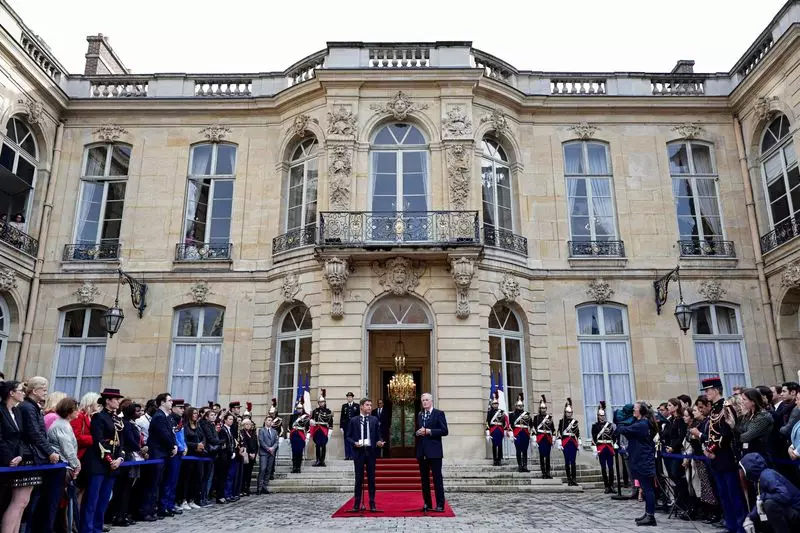France has requested an extension from the European Commission beyond the original deadline of Sept. 20 to submit a plan to reduce its public deficit. The Finance Ministry made this request in order to align with Paris’ 2025 draft budget, as reported by La Tribune du Dimanche. The need for additional time arises from the risk of France’s budget deficit increasing unexpectedly this year and next if additional savings are not identified.
The deteriorating financial situation in France has triggered EU disciplinary proceedings, putting pressure on incoming Prime Minister Michel Barnier to navigate a complex political and economic landscape. With the deadline for submitting a budget looming on Oct. 1, Barnier faces the daunting task of addressing the looming deficit crisis while also contending with the threat of a potential vote of no-confidence.
In response to mounting challenges, the French government has sought an extension to ensure the coherence of its deficit reduction plan and the upcoming budget proposal. However, the timeline extension is not guaranteed, and negotiations may push the deadline as far as Oct. 15. The critical financial situation has forced the new government to consider difficult choices, including potential spending cuts or tax increases, to avoid losing credibility with both EU partners and financial markets.
Prime Minister Barnier, a conservative figure with experience as the former Brexit negotiator for the EU, has emphasized the need to restore order to France’s finances. As he navigates the process of forming a new government, he faces the challenge of securing support from a fragmented parliament where collaboration between opposing factions could lead to a vote of no-confidence. The balance of power rests with the leftist New Popular Front (NFP) alliance and the far-right National Rally (RN), who collectively hold a majority and could potentially oust the prime minister if they choose to work together.
The RN, a key player in the political landscape, has indicated conditional support for Prime Minister Barnier, outlining specific expectations for policy measures that align with their constituents’ interests. Party leader Marine Le Pen has emphasized the importance of respecting the concerns of their voter base, signaling a willingness to oppose the government if their demands are not met. The looming specter of a no-confidence vote underscores the fragile nature of France’s political environment and the challenges facing the new government in addressing economic issues while navigating complex political dynamics.

